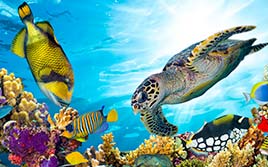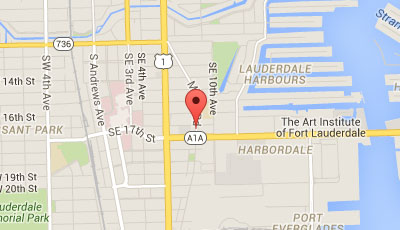
The course is designed to give candidates the general fundamentals and knowledge about the general care and maintenance to keep engines on smaller vessels in good operational condition.
This course is also an excellent addition to any deckhand, mate or captain’s resume! Students come from all over the world for this course. It is open to everyone. The course is approved by the UK’s Maritime Coastguard Agency (MCA) as the first step into the engineering department of superyacht or small vessels.
Course Pricing – See All
- MCA Approved Engine Course (AEC1) – 5 Days – $1,099.00
Length:
- 5 Days (30 hours)
Course Description:
The objective of this course is to provide the candidate with the knowledge to serve in an entry level capacity in the engineering department or for a crewmember primarily working in another department to assist with engineering functions. This course is not a diesel mechanics course however, it does include the tearing down/rebuilding of engines.
This course is done in partnership with Maritime Professional Training (MPT) and will be conducted at MPT and utilizes their Engineering Labs
Classroom Training/Theory Subjects Include:
- Diesel engines
- Compression ignition engine (general principles)
- Cycle of operation and constructional details
- Fuel system
- Aspiration Methods: The role of air in the combustion process
- Cooling system
- Lubrication system
- Engine electrical systems
- Power transmission
- Hull fittings
- MARPOL Pollution legislation
- Code of Safe Working Practices
- Bottled LPG installations
- Fault finding and rectification
AEC 1 Course will therefore enhance your ability to perform the typical tasks needed onboard as an entry-level engineering department crew member or as a member of the deck department assisting in the engine room.
Upcoming Courses
DAY 1
COMPRESSION IGNITION ENGINE:
- The general principles of the compression ignition engine compared to the spark ignition engine.
- Engine construction and identification of the main components.
- Basic Terminology and engine terms
- The 2 stroke cycle of operations.
- The 4 stroke cycle of operations.
- Interpretation of engine performance data.
- Engine configurations.
AIR SYSTEMS;
- Air/Fuel ratios,
- Filters
- Naturally Aspirated and Turbocharged systems
- Intercoolers and Aftercooling
- Exhaust systems, including silencers, water injection elbows and siphon breaks.
FUEL SYSTEM;
- Diesel fuels,
- Distillation of gas Oil and DERV.
- System components, including all filter types and tanks.
- Lift and injector pumps.
- Injectors
DAY 2
LUBRICATION SYSTEM;
- Lubricating Oils and additives.
- Function of lubricating oil.
- Lubricating oil systems.
- Lubricating oil pumps.
- Lubricating oil filters and the functions of relief valves.
- Tracing the lube oil system of engine in workshop including finding relevant books and info on the net.
COOLING SYSTEMS;
- Combustion processes temperature effects on engine components.
- Engine cooling water systems.
- Raw and Freshwater cooling systems.
- Heat exchangers.
- Running temperatures and control thermostats.
- Cooling water system pumps.
DAY 3
STARTING SYSTEMS.
- Electric
- Inertia/Spring
- Pneumatic
- Hydraulic
- Compressed Air
- Overspeed and Stopping devices.
POWER TRANSMISSION;
- Reduction and Reverse Gearboxes.
- Clutches: Plate and Cone types. Mechanical and hydraulic modes of operation.
- Control systems.
- Propeller shafting and couplings.
- Shaft bearings
- Stern tubes and sealing arrangements.
- Propellers.
DAY 4
ELECTRICAL SYSTEMS;
- Lead acid and alkaline batteries
- Alternators and drives.
- Battery charging and split charging arrangements.
- Basic circuit diagrams and engine instrumentation.
- Safety features in the electrical distribution system.
- Brief look at engine in workshop
HULL FITTINGS;
- Annual inspection and surveys
- Maintenance of Seacocks & Shipside Valves.
- Corrosion & Cathodic protection systems.
DAY 5
- End of course exam and assessment





